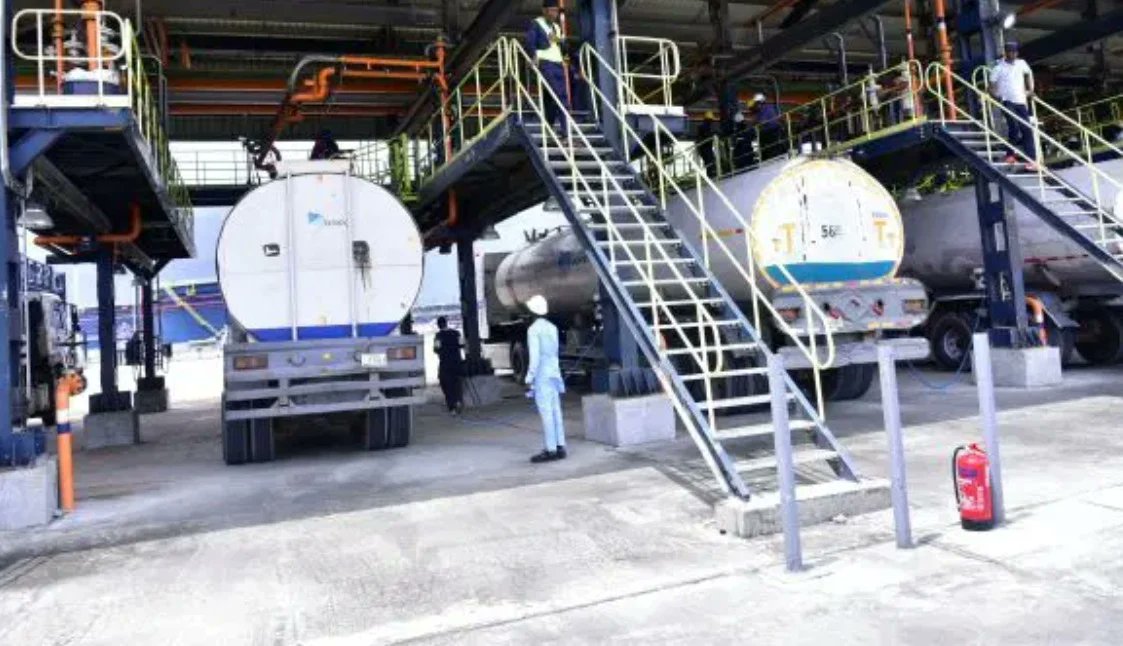Adapting to Fuel Price Increase by Embracing Remote Work and Prioritizing Cybersecurity
BY NATHANIEL ATANSUYI

Nigeria, like many other countries, has faced long-standing issues with fuel subsidies that have become increasingly unsustainable. The new administration under His Excellency, President Bola Ahmed Tinubu aims to end the fuel subsidy regime, resulting in a surge in fuel prices and posing significant challenges for citizens.
As commuting costs rise, alternative
work arrangements such as remote work are expected to gain prominence. However, transitioning to remote work requires acknowledging the cybersecurity risks associated with increased online activity.
This article discusses Nigeria’s escalating fuel prices, the benefits of remote work, and the need to address cybersecurity concerns, providing practical tips for online safety.
The Fuel Price Surge
Nigeria has seen significant fuel price increases, driven by factors like global oil prices, exchange rate fluctuations, and local economic conditions. With the recent removal of fuel subsidies, prices have surged by almost 200%. This has directly impacted transportation costs, energy expenses, and the overall cost of doing business. Individuals and businesses are affected, necessitating the exploration of alternative work approaches. As a result, finding
new ways of working and employment has become crucial in light of rising fuel prices.
Embracing Remote Work
Remote work, or working from home, is a viable solution to counter the challenges posed by high fuel prices. It enables employees to work and contribute to their organizations without
being physically present at the office.
Embracing remote work reduces transportation costs, saves time, and enhances work-life balance. Additionally, it promotes productivity, helps alleviate traffic congestion, air pollution, and right step at ameliorating the effect of global
warming, and has the potential to lower overall costs.
Cybersecurity Challenges
Remote work brings various advantages, but it also brings forth cybersecurity risks that need attention. With employees accessing sensitive information from personal devices and home networks, vulnerabilities increase. Cybercriminals can exploit these vulnerabilities, leading to data breaches, identity theft, or financial losses. It is essential to address these risks diligently.
Online Safety
To ensure online safety while working remotely, individuals should adopt the following practices:
[1] Use Strong and Unique Passwords: To enhance online security, create unique and complex passwords for each account, avoiding reuse. Opt for passwords with a minimum of eight characters, incorporating letters, numbers, and symbols. Password managers can help securely store and generate these passwords.
[2] Enable Multi-Factor Authentication (MFA): For enhanced account security, enable multifactor authentication (MFA) whenever available. MFA adds an extra layer of verification, such as a fingerprint or SMS code, reducing the risk of unauthorized access, even if your password is compromised.
[3] Secure Home Networks: Secure your home Wi-Fi network by using a strong password and encryption. Opt for WPA2 or WPA3 encryption to safeguard data transmission. Regularly update the router’s firmware to address any security vulnerabilities.
[4] Install Security Software: Protect your devices from potential threats by using trusted antivirus and anti-malware software. Keep all software and applications up to date with the latest security patches and enable automatic updates for enhanced protection against emerging threats.
[5] Be Wary of Phishing Attacks: Exercise caution when handling emails from unknown sources. Be wary of clicking on links or downloading attachments. Phishing attacks aim to deceive individuals into disclosing sensitive information, so watch for signs like misspellings, generic greetings, urgent requests, or suspicious email addresses.
[6] Utilize Virtual Private Networks (VPNs): Ensure secure access to company resources by using VPNs to encrypt internet traffic. VPNs create a private and encrypted tunnel, protecting data from eavesdropping or unauthorized access. Choose reputable and trusted VPN services for a reliable and secure connection.
[7] Secure Video Conferencing: Ensure secure video conferencing by using platforms with end-to-end encryption and password protection. This ensures only participants can access and decipher the communication, preventing interception. Utilize unique meeting IDs and strong passwords to prevent unauthorized access.
[8] Regularly Back up Data: Regularly back up your important files and data using reliable solutions like external hard drives or cloud storage. Secure backups are crucial in case of cyber incidents, enabling data restoration and minimizing the impact of data loss from events like ransomware or device theft.
[9] Stay Updated on Security Threats: Stay updated on the latest cybersecurity threats and trends by following reputable sources like security blogs, industry publications, and official cybersecurity organizations. This knowledge will help you understand emerging threats and take proactive steps to enhance your online protection.
[10] Educate Yourself and Others: Prioritize cybersecurity awareness and education to combat common attack vectors like phishing, malware, and social engineering. Learn best practices and share this knowledge with others to foster a culture of cybersecurity and contribute to a safer online environment. As Nigeria faces the economic impact of rising fuel prices, adopting remote work offers a viable solution. However, cybersecurity challenges must be acknowledged. By implementing recommended practices, individuals and organizations can protect their data, identities, and minimize cyber threats. Prioritizing online security while embracing remote work can foster resilience and productivity in Nigeria amidst the fuel price surge.
Dr. Nathaniel Atansuyi, FIIM, MNCS, MCPN (C.itp), is a Cybersecurity Consultant at Safe Mode Data Technologies [SMDT] Limited. He can be contacted at info@smdt.com.ng; nathansuyi@gmail.com. (https://www.linkedin.com/in/naths/)













